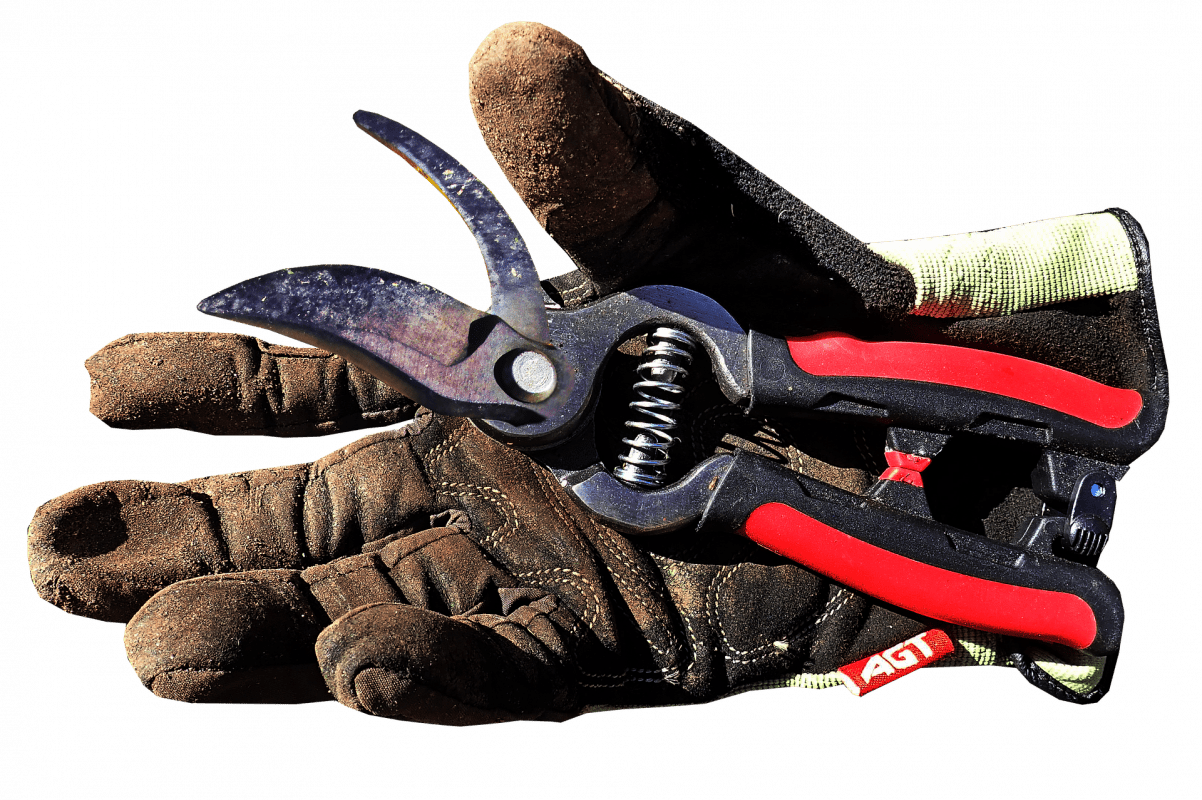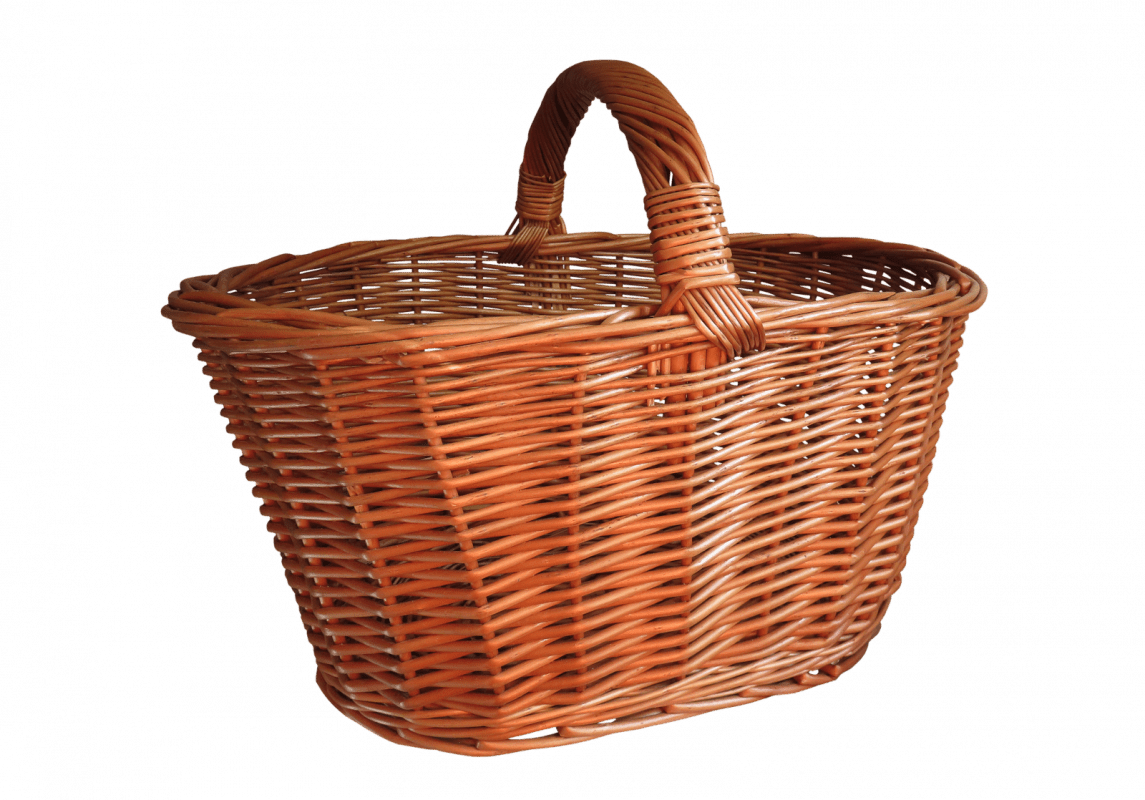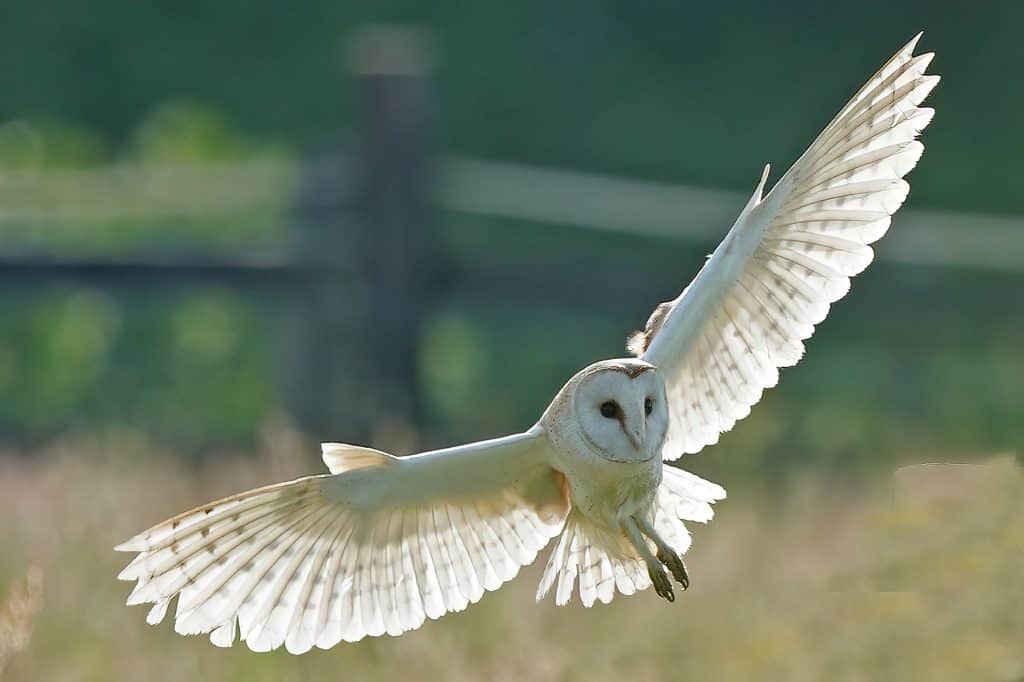Carrion Crow
Corvus corone
RSPB Conservation Status – Green
Last seen – 5-3-23
The Carrion Crow, or Corvus corone, is a large and intelligent bird that is native to the United Kingdom.
These birds are known for their distinct black plumage and their raucous cawing calls that can often be heard echoing through the countryside.
Facts
Population – 1,000,000 breeding pairs
Length – 45 – 51 cm
Wingspan – 93 – 104 cm
Weight – 350 – 650 g
Breeding
Carrion Crows typically breed between March and June, building their nests in trees or on buildings.
The female lays a clutch of 3-6 eggs, which she incubates for around 18-20 days.
The chicks are fed by both parents and fledge from the nest after around 30-35 days.
Habitat
Carrion Crows are adaptable birds that can thrive in a variety of habitats.
They are commonly found in woodlands, where they nest in trees, but they can also be found in farmland and urban areas.
Carrion Crows are particularly common in coastal areas, where they feed on marine invertebrates.
Food
Carrion Crows are opportunistic feeders and will eat a wide variety of food, including insects, small mammals, birds, and carrion.
They are also known to raid the nests of other birds, stealing eggs and chicks.
In urban areas, Carrion Crows are known to scavenge for food, often feeding on rubbish and discarded food.










